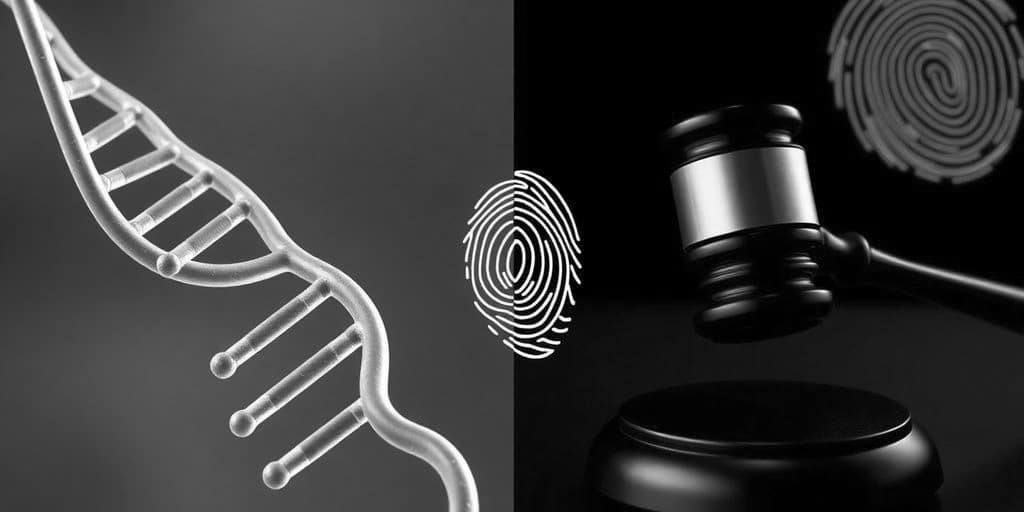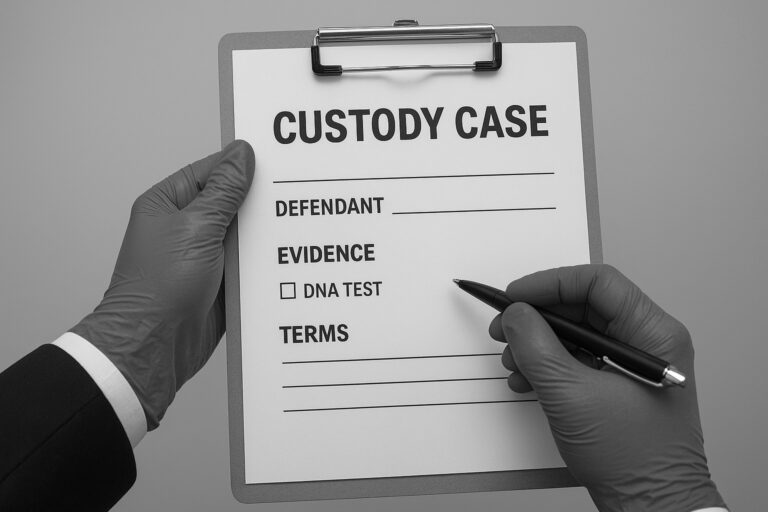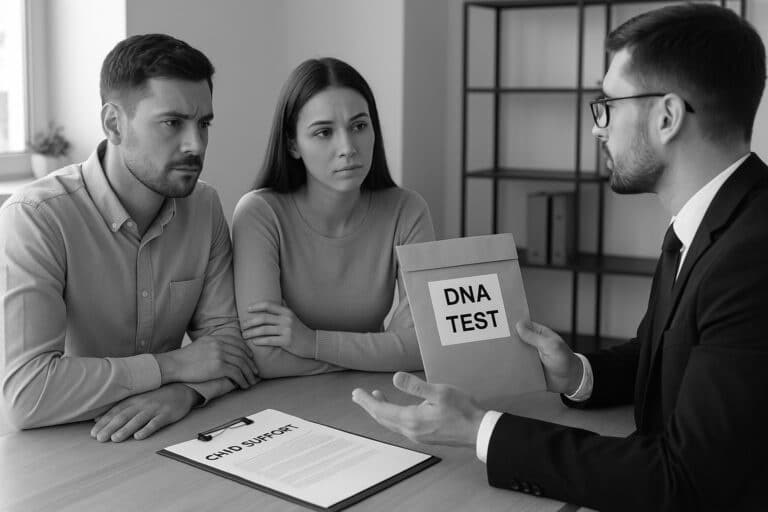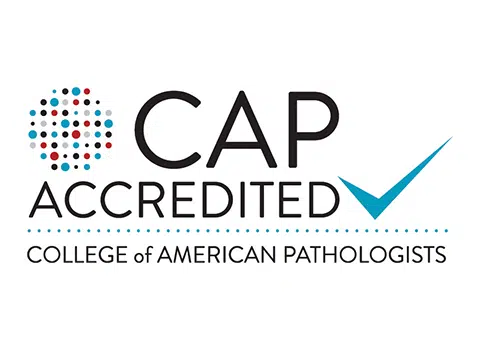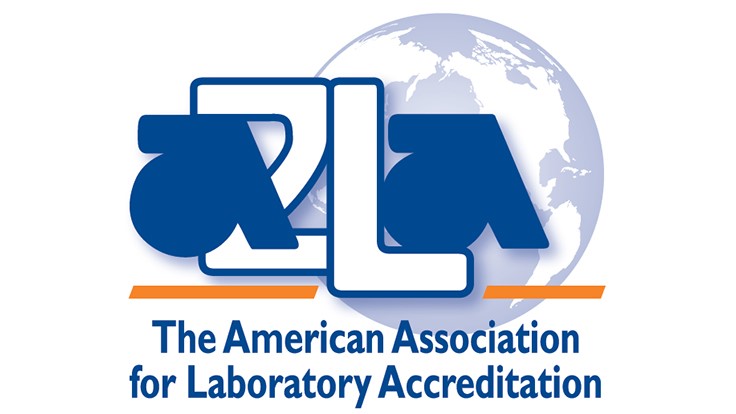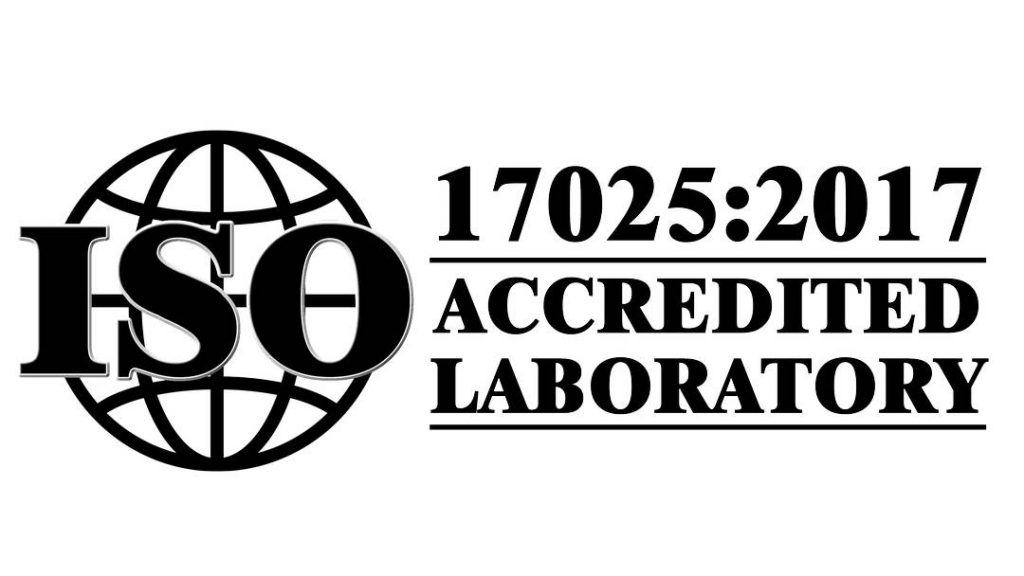Table of Contents
ToggleLegal vs. Non-Legal DNA Testing
When you’re looking for answers about family relationships, you might come across different types of DNA tests. It’s important to know that not all DNA tests are the same, especially if you think the results might be needed for something official. Thinking about Legal vs. Non-Legal DNA Testing is key to making sure you get the right information for your specific situation. Let’s break down what you need to know.
Key Takeaways
Legal DNA tests are performed with strict procedures, including professional sample collection and a documented chain of custody, making them acceptable in court.
Non-legal DNA tests, often done at home, are for personal knowledge only and cannot be used as evidence in legal matters.
The main difference lies in court admissibility, which depends on how the samples were collected and handled, not just the accuracy of the DNA analysis itself.
Understanding Legal vs. Non-Legal DNA Testing

When you’re looking into DNA testing, it’s really important to know that not all tests are created equal, especially when it comes to using the results for official matters. You’ve got two main categories: legal and non-legal DNA testing, and they differ quite a bit in how they’re handled and what you can do with the results.
Court Admissibility and Legal Standing
This is probably the biggest difference you’ll notice. Legal DNA tests are specifically designed to be admissible in court. This means they follow strict rules and procedures so that a judge or court can actually use the results as evidence. Think about situations like child custody battles, inheritance claims, or immigration cases; in these scenarios, you absolutely need a test that the court will accept. A non-legal DNA test, on the other hand, is generally not accepted in any legal setting. It’s more for your personal information or peace of mind. So, if you have even a slight chance you might need the results for something official, you’ll want to go with a legal test from the start. It saves a lot of hassle later on, and you can find services that offer legal DNA testing for various needs.
Chain of Custody Procedures
This is where a lot of the legal weight comes from. A legal DNA test requires a strict chain of custody. What does that mean? It’s basically a documented trail that shows exactly who handled the DNA sample from the moment it was collected until it reached the lab and the results were finalized. This process includes verifying the identity of everyone involved, ensuring the sample wasn’t tampered with, and keeping detailed records at every step. It’s a bit like a security protocol for your DNA. For non-legal tests, this rigorous process usually isn’t followed. You might collect the sample yourself at home, which is convenient, but it means the results can’t be verified for legal purposes. The lack of a formal chain of custody is a key reason why these tests aren’t court-admissible. It’s all about making sure the sample tested is actually from the person it’s supposed to be from, and that the results are reliable for official use.
Key Distinctions in DNA Sample Handling

When you’re looking into DNA testing, understanding how the samples are handled makes a big difference, especially if you think the results might ever be needed for official reasons. It’s not just about the lab doing the analysis; it’s about the entire process from start to finish.
Professional Sample Collection
For tests that need to hold up in court, sample collection is a big deal. It has to be done by someone trained and certified, like a nurse or a technician at a clinic. They make sure the right person is being tested and that the sample isn’t mixed up with anyone else’s. This usually involves checking identification and documenting everything. Think of it like this: if you’re getting a blood test at the doctor’s office, it’s done by a professional. Legal DNA tests follow a similar, strict protocol. This professional handling is a key part of what makes the results court-admissible.
Personal vs. Official Use
This is where the purpose of your test really matters. If you’re just curious about your ancestry or want to confirm paternity for your own peace of mind, an at-home kit is usually fine. You collect the sample yourself, often with a simple cheek swab, and send it in. The results are accurate for informational purposes, but they aren’t legally binding because the collection wasn’t supervised. On the other hand, if you need the results for something like child support, immigration, or inheritance claims, you absolutely need a legal DNA test. These tests follow strict procedures, including that professional sample collection we just talked about, to ensure the results can be used as evidence in legal proceedings. It’s all about whether the DNA profiling needs to be legally recognized.
Here’s a quick rundown: Legal vs. Non-Legal DNA Testing
Legal Tests: Require professional sample collection, strict chain of custody, and are admissible in court.
Non-Legal Tests: Often self-collected, lack strict chain of custody, and are for personal knowledge only.
Choosing the right type of test upfront saves a lot of hassle later. If there’s even a small chance you’ll need the results for legal matters, it’s always best to go with a legal DNA test from the start.
When handling DNA samples, it’s crucial to follow specific steps to ensure accuracy. Different types of tests might require slightly different approaches, but the core principles remain the same. Proper care prevents contamination and keeps results reliable.
Making the Right Choice for Your Needs
So, you’ve learned about the main differences between legal and non-legal DNA tests. It really comes down to what you plan to do with the results. If you think there’s even a small chance you’ll need these results for something official, like in court or for legal documents, you absolutely need a legal DNA test. This means a strict process, with professionals collecting samples and keeping a clear record of everything. It costs a bit more, sure, but it saves a lot of hassle later if it’s needed for legal matters. On the other hand, if you’re just looking for answers for yourself, maybe to satisfy curiosity about family history or confirm a relationship without any legal strings attached, a non-legal, at-home test is usually the way to go. It’s simpler and more affordable for personal peace of mind. Think carefully about your end goal before you order any test.
Frequently Asked Questions
What's the main difference between a legal and a non-legal DNA test?
A legal DNA test is done following strict rules to make sure the results are correct and can be used in court. This means a trained person collects your DNA sample, checks your ID, and keeps a record of how the sample was handled. A non-legal test, like an at-home kit, is just for your own information and can’t be used for official matters.
When should you choose a legal DNA test over a non-legal one?
If you need your DNA test results for something important like a court case, child support, or immigration, you must get a legal DNA test. If you’re just curious about your family history or want to know something for personal reasons, a non-legal test is usually fine.
Why do legal DNA tests cost more than non-legal ones?
Yes, legal DNA tests are usually more expensive because they involve extra steps to ensure they are valid for court. This includes having a professional collect the sample and following strict procedures called a ‘chain of custody.’ These steps make the results official and reliable for legal use.


